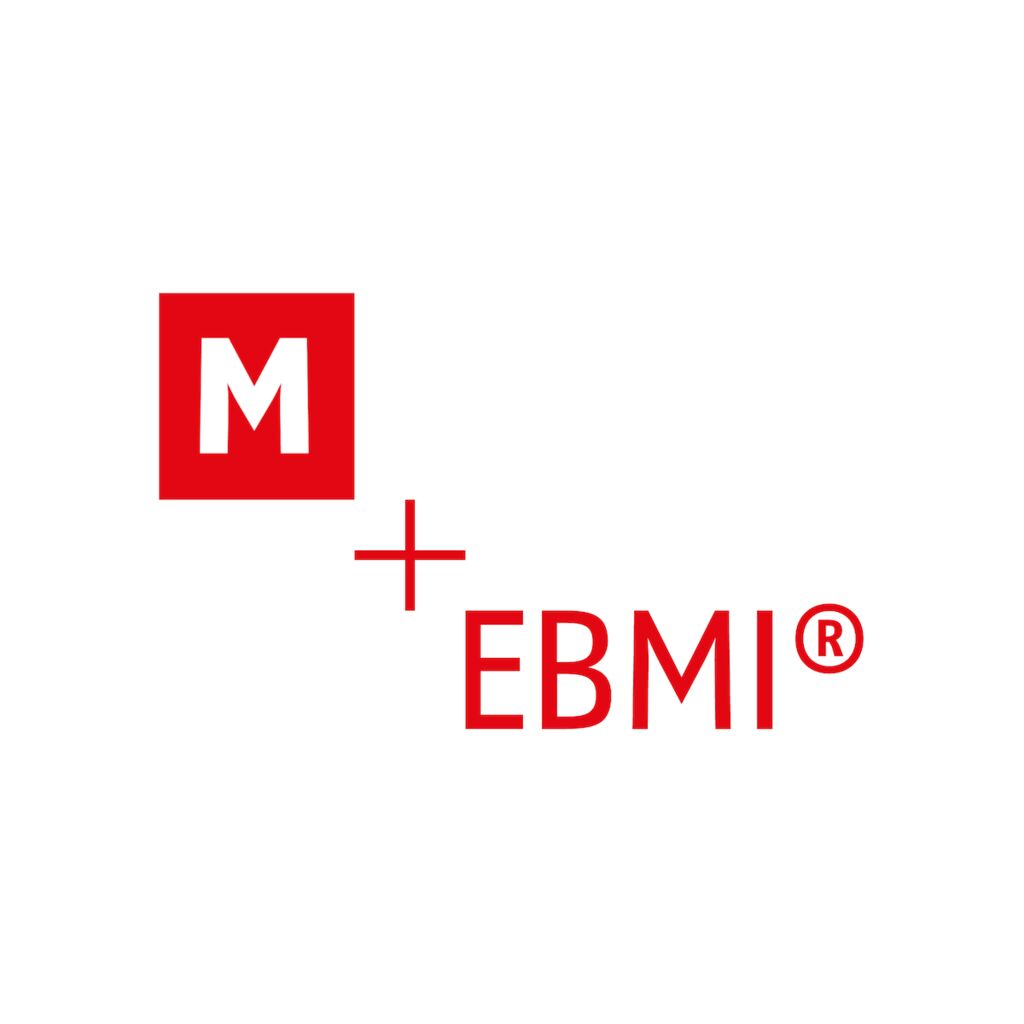Snigdha Pandey is Strategy Director at MetaDesign. Together with MetaDesign's Head of Strategy, Lisa Krick, and the strategy team, she developed a new tool (Employer Brand Maturity Index® or EBMI®) to measure the performance of an organization's employer brand. She spoke with Rupali Steinmeyer, Chief Growth Officer at MetaDesign, who is looking to bring this tool to companies asking for a clear demonstration of the value of investing in employer branding. In this conversation Snigdha and Rupali delve into the value of employer branding and the important ROI aspect of investing in it.

News
Your employer brand and ROI
Employer Brand Maturity Index®
Rupali Steinmeyer: Tell me what this new EBMI® tool is. How are we to understand it?
Snigdha Pandey: EBMI® or the Employer Brand Maturity Index® is MetaDesign's evidence-based measurement and management system to take employer brands to the next level, no matter where companies are in their employer branding journey. That’s our official description.
RS: Break it down for me, please.
SP: In that case, the EBMI® is a way for organizations to evaluate whether or not they are showing up as attractive future employers. It measures whether or not brands are seen as being desirable to work for. Today and tomorrow.
RS: So, in a way an organization’s EBMI® would indicate whether or not a brand is cool enough for me to consider them as a place for potential employment. Or perhaps even consider whether or not I want to stay with my current. Right?
SP: Correct. There is more to it than just that. But by and large that's right.
RS: It seems, of late, not a day goes by when the subject of employer branding is not top of mind. It used to be that brands requesting a refresh, or rethink as I call it, would consider its impact on their employer brand as an afterthought. Even an after afterthought. Today, companies ask us for a brand transformation and the employer brand is in the foreground.
SP: And this was one of the primary drivers of this tool's development. After all, you can’t build a responsive and future-proof employer brand unless you know where you're at in your employer branding journey. You also need to understand where your peer group is doing better or worse than you and where the job market stands in general. That way you can focus on how best to improve matters at your organization or celebrate things that you are doing well. And then of course, you need to monitor and manage the process. The EBMI® equips organizations with the tool to do just that.
RS: I get asked the question, tell me why I should care about how my employer brand shows up. About why I should think of strategically evolving this facet of my brand. How do you respond to that?
SP: These are challenging times and the role of the employer brand is changing radically. Think of the topics that come up in any employer branding conversation. They range from work-life balance to employee experience to new leadership models to sustainable workplaces to quiet quitting to generational conflicts to career mobility and everything in-between. Our job is to help organizations equip their employer brand with the tools and skills to answer questions associated with these topics. We’re looking to assess and then provide concrete action points to help brands evolve their people strategy.

"EBMI® or the Employer Brand Maturity Index® is MetaDesign's evidence-based measurement and management system to take employer brands to the next level, no matter where companies are in their employer branding journey."
RS: What are some of the aspects of an employer brand you see needing to be addressed? What are people asking of their employers? What's requiring that shift?
SP: Well for one, people are increasingly demanding to work in ways that align with their individual values. An employer's purpose and values are important to people when choosing a job more than before. They want to work for brands who value their emotional and psychological well-being. They are looking for their leadership to be involved in societal issues such as climate change, diversity and equity, and reskilling.
RS: So, what the EBMI® can do is effectively gauge whether or not a brand is delivering on important matters that their employees, both current and future, seem to desire. Can it also pinpoint what to do in the event of a gap?
SP: Yes. The report we deliver as part of the EBMI® is informed by a set of thought-through questions whose answers are carefully analyzed and distilled into a broader employer branding strategy. We derive action points from that and consider what the brand or an organization can undertake – both credibly and pragmatically. Then we prepare an activation and implementation plan, which we work on together with the organization, so that it is rooted in reality.
RS: So, let's pretend for a moment. The phone rings, and it’s someone in talent acquisition from a large B2B company. They heard about the EBMI®. As a consultant, what kind of program might you envision coming up with? And how would you explain the value for investing in the tool?
SP: First off, investing in your employer brand is the most effective hedge against escalating employee replacement costs and combating low employee motivation. An often-overlooked fact. Secondly, companies are facing a loss of revenue from people stopping to purchase their products because they hear of employees being treated poorly. These reasons, together with the fact that an EBMI® study gives you the information you need to accurately implement a program to improve an employer brand's desirability, are where I would start.
RS: That means when you get it right you can power your business to become a talent magnet, amplify your brand's reputation, even change perception, fuel innovation, and thus transform the organization.
SP: Right. The EBMI® gives organizations an internal and external read on how best to react quickly to changes or trends and move systematically to navigate their long-term impact. We look to identify foundational strengths and gaps in an employer brand strategy. We orchestrate a clear action plan. We track and compare progress – it is data-driven and evidence-based. This way you see how your investment is paying off.
RS: Without divulging too many proprietary details, can you highlight some of the parameters you look at as part of the EBMI®?
SP: Let me say they include both internal and external perspectives aspects of matters such as business and brand connection, involvement of leadership in the employee experience, contribution of organizational processes and structures to execute the employer branding strategy, and visibility of a company’s activities as an employer. The results of our study are then analyzed and prepared in a report. Organizations get an EBMI® score, which allows them to effectively steer and manage their employer brand.
RS: It's thrilling to be part of the team that is driving awareness of the value of the EBMI® and investing in employer branding. I am excited that this data-driven tool can power HR transformation and growth. Thanks for breaking this down for us.
For inquiries and questions regarding MetaDesign's EBMI® please write to rupali.steinmeyer@metadesign.com.
